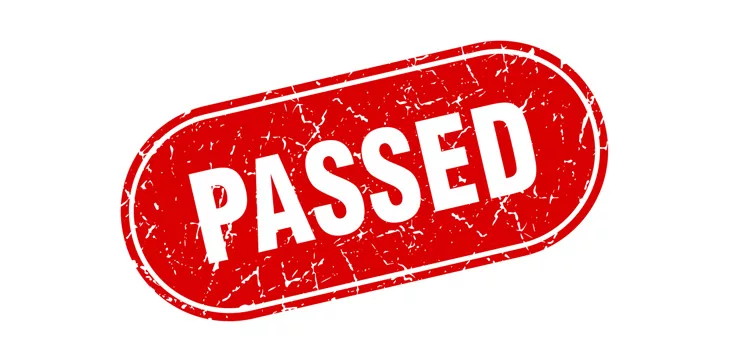|
Getting your Trinity Audio player ready...
|
The U.K. House of Lords has passed a bill that would give authorities powers to seize digital assets under court-issued restraint orders, and effectively formalize a regime whereby courts can be used to freeze and recover digital assets which are connected with criminal activity.
Known as the Economic Crime and Corporate Transparency Bill, the legislation amends several acts to, among other things, insert digital asset-related definitions and mechanisms to extend existing powers to the digital asset context. Chief among these are amendments to the Proceeds of Crime Act 2002, which allows for court restraining orders to be issued and used by authorities to seize property.
The amendments are most notable for covering many of the nuances posed by digital asset technology. For instance, the bill gives authorities the power to seize any ‘cryptoasset-related item’ that is believed to assist in seizing digital assets that are the subject of a restraining order— allowing police to hold any wallet regardless of whether it is specified in the restraining order.
Authorities can also apply to the courts for orders relating to digital asset exchanges that are holding crime-linked digital assets. For instance, the court can order digital asset exchanges to ‘realize the value’ of digital assets, which are the subject of a confiscation order. It even allows for competing ownership claims: where the wallet containing frozen/seized digital assets belongs to someone other than the person specified in the freezing order (for instance, if stolen assets are sold onward), then the court must satisfy itself as to the ownership of the assets before ordering an exchange to sell them. Failure by digital asset exchanges to comply carries a fine of up to £5,000 (US$6,203).
Individuals who have had their assets confiscated under a court order can apply to the court to have those assets converted into money. In considering such applications, the court is required to view whether the assets are likely to suffer a significant loss in value during the period in which they are seized.
Special amendments are also made to the Anti-terrorism, Crime and Security Act 2001. Digital assets subject to a court order can also be forfeited entirely if the court is satisfied that they will be used in connection with a crime. Additionally, anybody who can convince the court that they have been deprived of the assets that are the subject of a freezing order due to criminal conduct (such as theft) or otherwise belong to the applicant.
The next step is a final consideration of the bill as amended by the House of Commons and House of Lords. This consideration is expected to occur in the Parliament sitting on October 18.
A new era of property rights for digital assets
The changes apply broadly, but are highly detailed and tailored to the nuances of digital asset technology. The result is effectively the formalization of a regime whereby digital assets are subject to court freezing, seizure, and forfeiture orders, but still revolve around the legal ownership of assets separate from possession.
This would have been considered a drastic departure from industry norms just a few years ago, but by now, the world is catching on to the idea that many of the laws that would govern the digital asset industry already exist—they simply need minor updates to spell out precisely how they apply in a new context. That digital assets attach property rights that are not determined merely by possession of keys should be self-evident, but criminals within the industry have been able to skate by on the idea that stolen digital assets are gone forever for years.
For the U.K. to be on the verge of passing comprehensive legislation explicitly addressing the recoverability of digital assets should put an end to this school of thought. In time, the seizure of digital assets will be an essential part of any victim’s legal toolkit—if it isn’t already.
In this new era, technology that streamlines the ability to translate court orders into a format useable by administrators of blockchains will be of prime importance. This technology already exists: the Digital Asset Recovery tool by the BSV Blockchain Association is precisely the kind of mechanism that will be used to give effect to the powers granted by the Economic Crime and Corporate Transparency Bill.
CoinGeek Conversations with Dr. Craig Wright: Crypto regulation will make life easier for BSV

 07-02-2025
07-02-2025 





